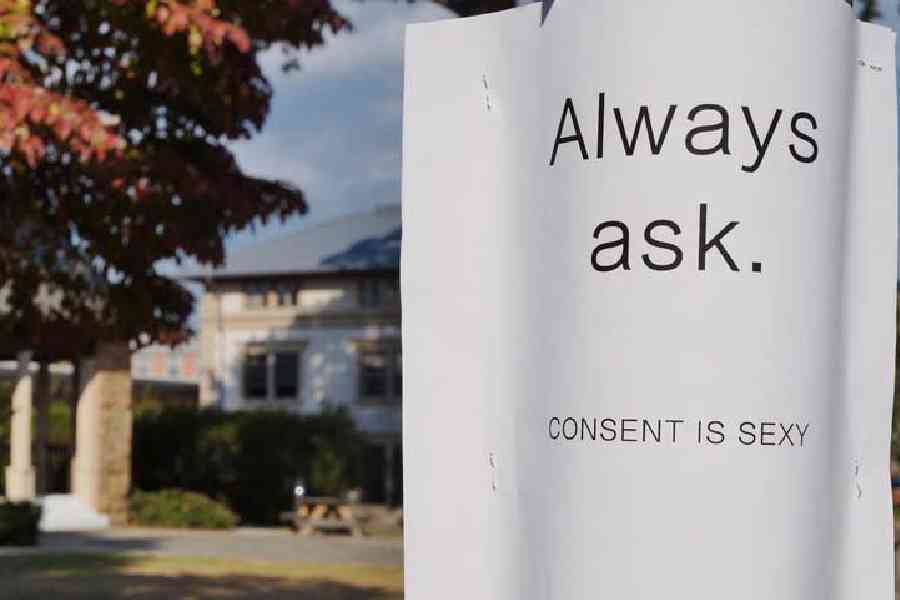Making laws about sex is difficult. Perhaps never more so than at present, when changes in beliefs and expectations on the one hand and violence against women on the other place lawmakers and law-keepers in a quandary. Recently, the Madhya Pradesh High Court dismissed a case against a 23-year-old man accused of raping a minor and reportedly recommended to the Centre that the age of consent be lowered from 18 years to 16. The Criminal Law (Amendment) Act had raised it to 18 and the high court said that this disrupted the fabric of society. The high court’s concern was that boys and young men were marked as criminals even when they were participating in a consensual sexual relationship. This ‘injustice’, as the high court reportedly termed it, has worried others too, especially with regard to the Protection of Children from Sexual Offences Act. This law, like the Criminal Law (Amendment) Act, was formulated to address present-day problems and protect minors from molestation and rape. But its black-and-white clauses allowed for little flexibility; instead, they gave enraged parents of girls a dangerous advantage over the girls’ partners. The court mentioned the early maturing of children nowadays, and referred to their exposure to social media and the internet. Indian laws are often accused of being behind the times; the high court’s recommendation was addressing that.
Yet the POCSO Act was formulated with the best of intentions. In India, minor marriage is an existing evil, and having sex with a minor wife is considered rape. Lowering the age of consent poses the danger of encouraging arguments in favour of marriage at a younger age even if that goes against the marriage law. At the same time, the scrutiny of relationships between younger teenagers must be sensitive and patient instead of punitive. This is not easy in an authoritarian environment. The problem is compounded by the concept of consent. It can be argued that a girl not even 18 can be frightened into agreement, or consent because of peer pressure and so on. Fear helps manufacture consent in custodial rape, for instance. What laws ignore, though, is that sexual exploration is part of growing up. Consent must be understood contextually — the same size does not fit all in either consent or sex. Legislation must accommodate that.










